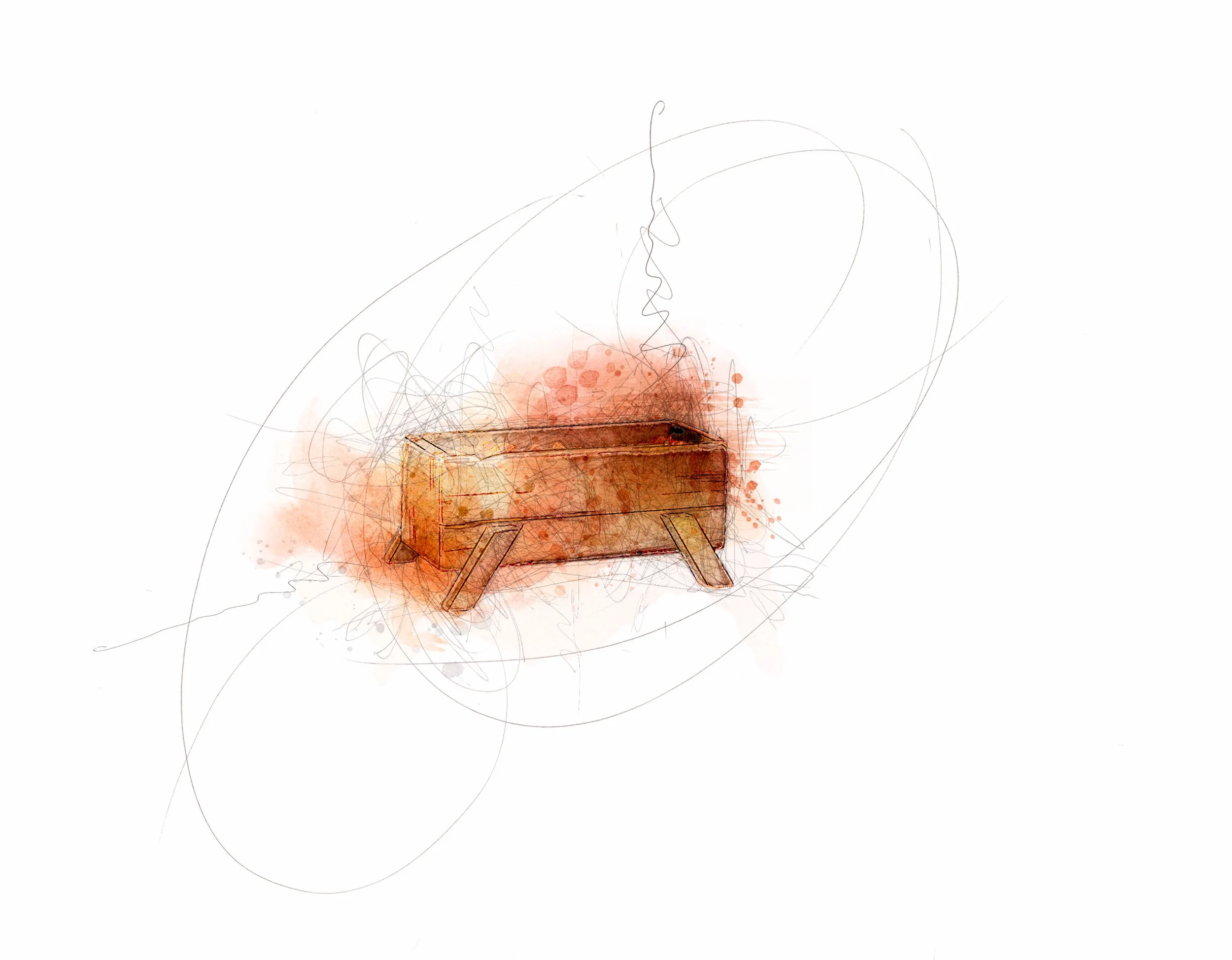24. The Word Became Flesh
The eternal Son of God became a man. Somehow, the all-powerful, all-knowing God became one of us.
Before moving on to explore the wonder of our adoption into the family of God, we need to consider the biblical revelation that, in Jesus, God became a man.
John 1:1 (ESV) In the beginning was the Word, and the Word was with God, and the Word was God.
John 1:14 (ESV) And the Word became flesh and dwelt among us, and we have seen his glory, glory as of the only Son from the Father, full of grace and truth.
These two verses hold some of the most inspiring and yet mysterious truths ever revealed. The eternal Son of God became a man. Somehow, the all-powerful, all-knowing God became one of us.
How this is even possible is beyond our comprehension. Still, the Bible reveals that Jesus’ humanity was identical to ours in every way. The Word became flesh. Jesus was not just God wearing a human mask. He did not merely appear human. He was human. At the same time, He was both genuinely God and genuinely man. No less God than He had been throughout eternity, and yet not some superhuman being different from us in our humanness.
The Bible does not explain all that we would like to know about this mysterious union of the divine and human natures in Jesus. But it gives us enough insight to understand that although He was God, He experienced normal human limitations.
For example, we see that while on earth, Jesus did not know the time of His Second Coming.
Matthew 24:36 (ESV) But concerning that day and hour no one knows, not even the angels of heaven, nor the Son, but the Father only.
This does not mean that He gave up His divine knowledge to become a man. If He had done this, He would no longer have been God. Instead, He was self-limited in His access to this knowledge.
While theologians have long debated the intricacies of this union of the divine and human in Jesus, a simple illustration can help us grasp what His experience may have been like. Imagine we were to take the fastest 100-metre runner in the world, Usain Bolt, and enter him into a three-legged race with you or me, where one of his legs is tied to one of ours. We would all agree that in this situation, he could no longer run 100 metres in record-breaking time.
In this example, he would not have given up his intrinsic ability to produce scorching 100-metre times, but while attached to us, his performance would be restricted. Maybe this describes the daily experience of Jesus. He never gave up His divine attributes. He was always God, but in becoming a man, He was limited to the experiences of ordinary humanity.
The Bible supports this view of His humanity when it states that Jesus did not do miracles because He was God. Rather, He performed them because He was a man anointed with the Holy Spirit.
Acts 10:38 (TPT) Jesus of Nazareth was anointed by God with the Holy Spirit and with great power. He did wonderful things for others and divinely healed all who were under the tyranny of the devil, for God had anointed him.
We will explore the ramifications of this union of the divine and human in Jesus in our next reading. For now, however, why not thank God that He loves us so much that He became one of us. Jesus, the eternal Word, became fully and totally man for eternity.
The Bible reveals that Jesus’ humanity was identical to ours in every way.
Further reading: Heb 2:14-18; 4:15
The Father loves us so much that He sent Jesus to be one of us.
Spend a moment thanking them both for this act of sacrifice and commitment so that you could be saved and have a relationship with them.
This is an extract from my free book Knowing God as Father, which is available for download at Knowing God as Father.

